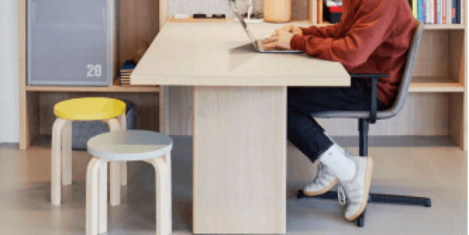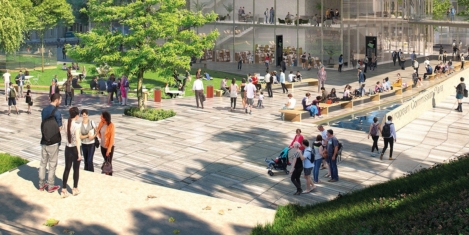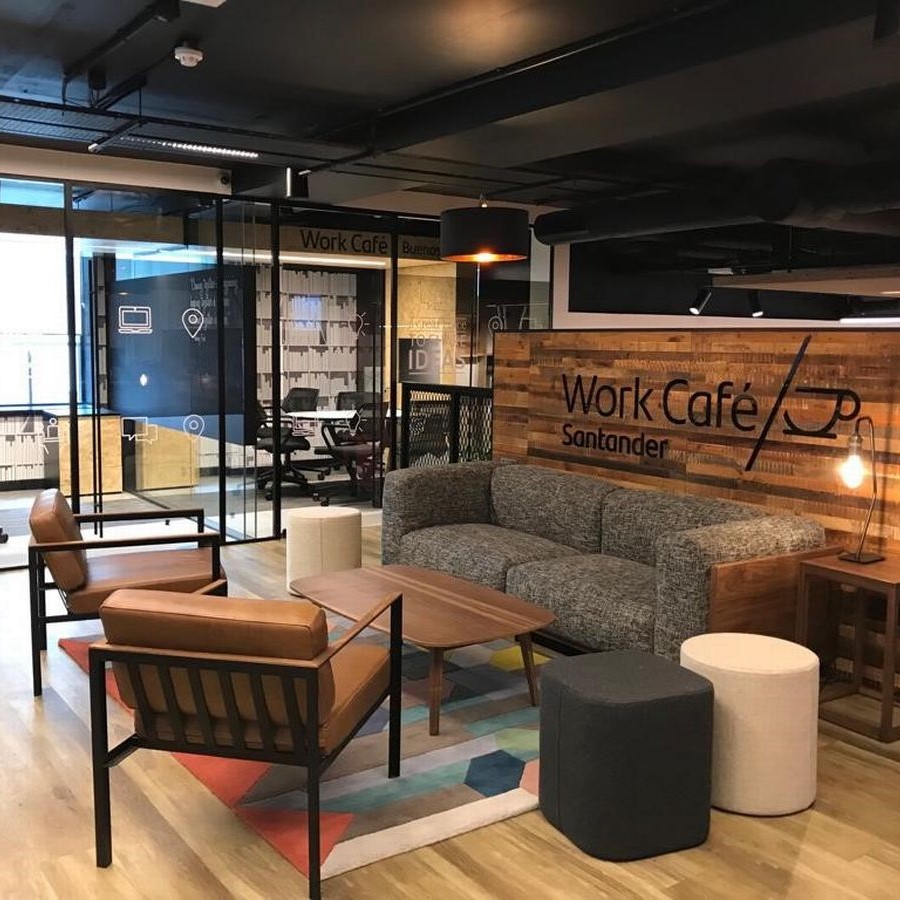To provide the best experiences, we use technologies like cookies to store and/or access device information. Consenting to these technologies will allow us to process data such as browsing behaviour or unique IDs on this site. Not consenting or withdrawing consent, may adversely affect certain features and functions.
The technical storage or access is strictly necessary for the legitimate purpose of enabling the use of a specific service explicitly requested by the subscriber or user, or for the sole purpose of carrying out the transmission of a communication over an electronic communications network.
The technical storage or access is necessary for the legitimate purpose of storing preferences that are not requested by the subscriber or user.
The technical storage or access that is used exclusively for statistical purposes.
The technical storage or access that is used exclusively for anonymous statistical purposes. Without a subpoena, voluntary compliance on the part of your Internet Service Provider, or additional records from a third party, information stored or retrieved for this purpose alone cannot usually be used to identify you.
The technical storage or access is required to create user profiles to send advertising, or to track the user on a website or across several websites for similar marketing purposes.
 The latest Workplace Innovator podcast features Chris Moriarty, Director of Insight and Engagement at the Institute of Workplace and Facilities Management. He is responsible for the research, policy, marketing, sales and engagement functions at IWFM where he focuses on creating thought leadership and tools to support workplace and facilities management professions as well as putting in place the strategies to better engage with the wider community. (more…)
The latest Workplace Innovator podcast features Chris Moriarty, Director of Insight and Engagement at the Institute of Workplace and Facilities Management. He is responsible for the research, policy, marketing, sales and engagement functions at IWFM where he focuses on creating thought leadership and tools to support workplace and facilities management professions as well as putting in place the strategies to better engage with the wider community. (more…)






 For many working parents the summer school holidays can be a cause of stress instead of a time for rest and relaxation.With children no longer occupied at school, many parents choose to work from home to juggle both work and childcare, but productivity can suffer with family, pets and noisy household appliances found to be the main distractions for home workers. The
For many working parents the summer school holidays can be a cause of stress instead of a time for rest and relaxation.With children no longer occupied at school, many parents choose to work from home to juggle both work and childcare, but productivity can suffer with family, pets and noisy household appliances found to be the main distractions for home workers. The 

























July 3, 2019
Getting a sense of productivity and motivation
by Jeff Revoy • Comment, Technology, Wellbeing, Workplace design